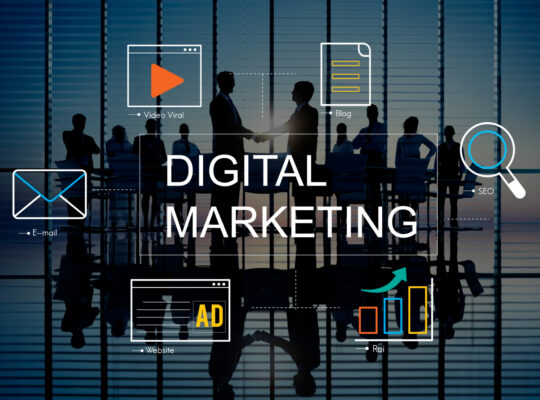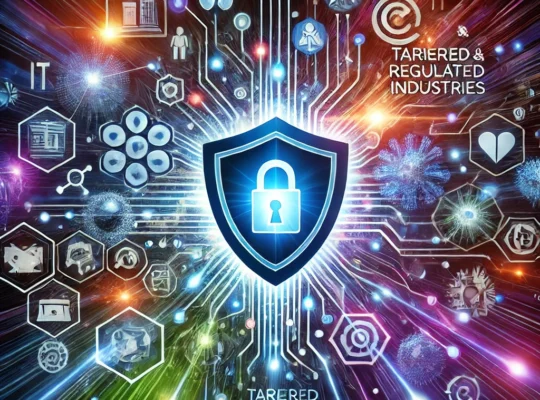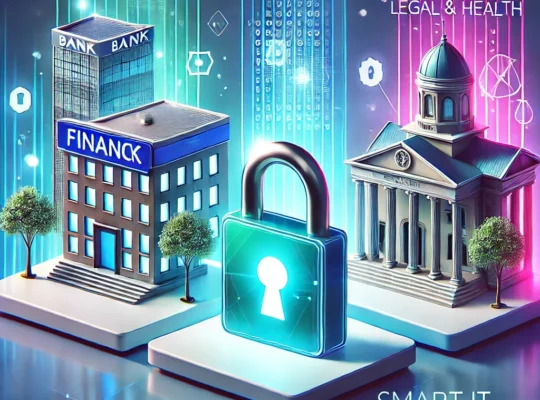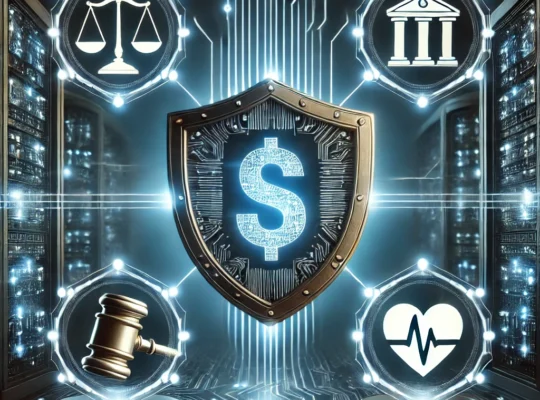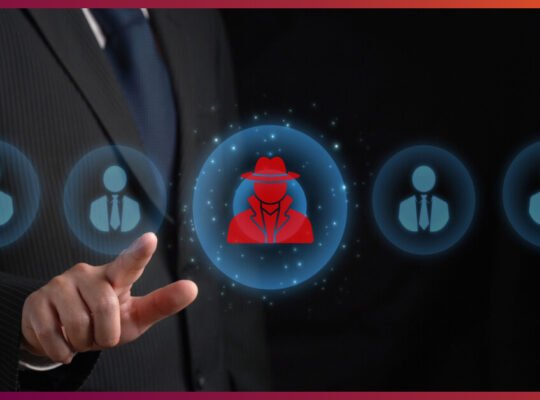One data breach destroyed a law firm. Someone leaked private client details, breaking trust and causing lawsuits.
They need a strong IT security plan to stay safe.
Law firms, banks, and hospitals have special security risks. If hackers steal data, they lose money, ruin their reputation, and face legal problems.
Understanding the Unique Security Risks in Law, Finance, and Healthcare
Every industry has weak spots. Knowing the risks helps you stay safe. Here’s what to watch out for.
Law Firms: Keeping Secrets Safe
Law firms store lots of private client information. They must keep it confidential. If data isn’t secure, someone can break attorney-client privilege.
Hackers often target law firms to steal secrets. Protecting case files keeps clients safe.
Banks & Financial Companies: Fighting Fraud & Following Rules
Banks and financial companies must follow strict laws (like GDPR, CCPA, and PCI DSS). They need to protect money and data and stop scams. Safe online transactions are a must. Cyber threats keep changing, so they must always stay alert.
Hospitals & Healthcare: Protecting Patient Records
Healthcare workers handle private patient details. They must follow HIPAA rules. Electronic health records (EHRs) need strong security.
Ransomware attacks can shut down hospitals. If systems fail, patients could be in danger.
Building a Robust IT Security Framework
A Strong Security Strategy is Like a Multi-Layered Shield. A good security strategy has many layers, just like a shield. Each layer works together to protect your data.
1. Find and Fix Weak Spots
Check for weaknesses before hackers can find them. Run regular scans to spot problems. Focus on fixing the biggest risks first.
2. Train Employees to Stay Safe
People can be the easiest target for hackers. Teach your team how to
- Recognize fake emails (phishing).
- Avoid tricks that hackers use (social engineering).
- Keep data safe with good habits.
- Good training can stop many attacks.
3. Have a Plan for Emergencies
If a hack happens, you need to act fast. A clear plan helps you respond quickly and reduce damage. Every business should have one.
Implementing Essential Security Technologies
Tech is a vital part of the security puzzle. The right tools can make a big difference. Let’s explore some key security technologies.
Endpoint Security and Antivirus Software
Protect every device that connects to your network. Desktops, laptops, and mobile devices need protection. Antivirus and anti-malware solutions are essential. This will help keep out malware.
Network Security and Firewalls
Think of a firewall as a gatekeeper for your network. Intrusion detection systems (IDS) watch for suspicious activity. Intrusion prevention systems (IPS) stop attacks in their tracks. They are both crucial for network security.
Data Encryption and Access Control
Encrypt sensitive data to make it unreadable to unauthorized users. Control who has access to what data. Only let authorized personnel see confidential information. This adds another layer of security.
Multi-Factor Authentication (MFA)
Add an extra layer of security with MFA. This makes it much harder for attackers to gain access. MFA can prevent unauthorized access effectively. Use something you know, something you have, or something you are.
Compliance and Regulatory Considerations
Each industry has its own rules and laws. Ignoring these can lead to big problems. Knowing the rules is just as important as following them.
Legal Sector: Maintaining Client Privacy
Lawyers must keep client information secret. It’s not just good practice, it’s the law. We must follow ethical obligations and legal standards.
Finance Sector: Navigating GDPR, CCPA, and PCI DSS
GDPR protects the personal data of EU citizens. CCPA gives California residents more control over their data. PCI DSS sets standards for credit card data security. Financial institutions must comply with all these rules.
Healthcare Sector: Ensuring HIPAA Compliance
HIPAA sets the rules for protecting health information. The Security Rule and Privacy Rule are key parts of HIPAA. Healthcare providers must take steps to comply. They could face big fines for non-compliance.
Managed Security Services and Outsourcing
You don’t have to handle security alone. A Managed Security Service Provider (MSSP) can help. They have experts who will support you.
Why Partner with an MSSP?
Outsourcing security saves money and gives you access to top skills. MSSPs monitor your systems 24/7, keeping you protected at all times.
How to Pick the Right MSSP
Choose a provider with experience in your industry. Check their services and security certifications. Most importantly, pick a partner you can trust.
Conclusion
Strong IT security is a must for law firms, banks, and hospitals. To keep data safe, you need to:
- Check for risks
- Train your team
- Use the right tools
Stay compliant with rules, and think about hiring a security expert if needed.
Act now to protect your data! Start by:
- Running a risk check
- Setting up security training
Your data’s safety depends on it—don’t wait!
📌 7 Teleport Dr, Staten Island, NY 10311 USA
📞 +1.888.851.5253
📧 info@coreitx.com
Ready to elevate your business with cutting-edge IT solutions? Core IT offers complete IT solutions, including network setup, cloud computing, cybersecurity, managed services, and personalized IT consulting—all designed to fit your business needs. Whether you’re a startup or an enterprise, our expert team ensures your technology drives growth, efficiency, and security. Let’s transform your IT – get in touch with Core IT today and power your future with smarter solutions!






